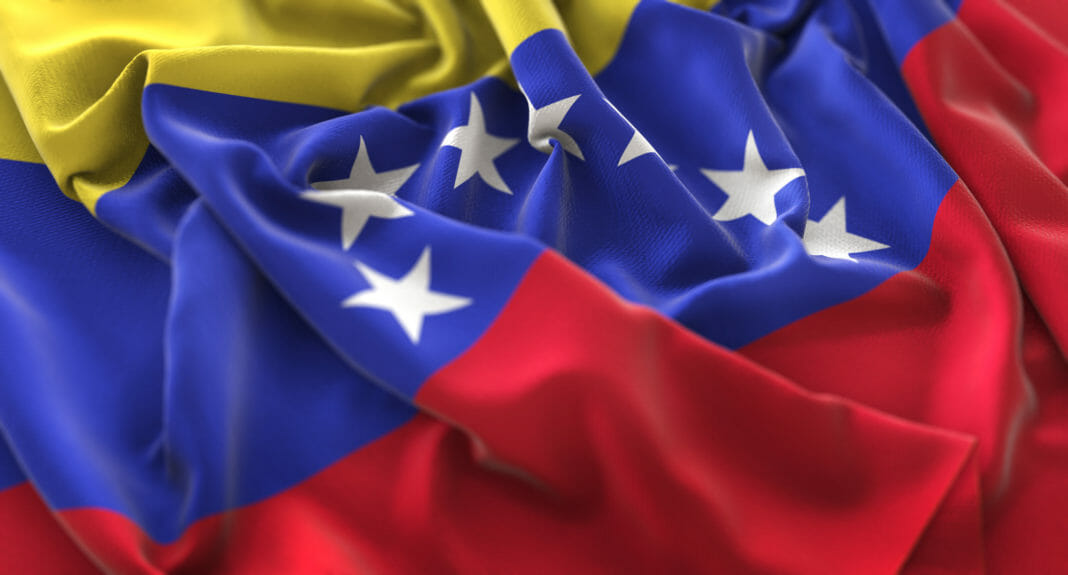The Central Bank of Venezuela would be in charge of maintaining and processing the cryptocurrencies. The government of Nicolás Maduro would be seeking alternative ways to honor its commitments.
Venezuela would be seeking to use crypto currencies, such as Bitcoin (BTC) and Ether (ETH) in order to honor the debts of the state oil company Petróleos de Venezuela (PDVSA). This measure would be an instrument to evade international sanctions imposed by the United States, according to a report by the Bloomberg news agency.
The report notes that four sources close to the events disclosed that the Central Bank of Venezuela (BCV) is conducting “internal tests” to determine the feasibility of handling cryptocurrencies. They would even be studying how to count crypto assets as part of the reserves of the issuing entity, which currently amount to USD 7.9 billion, their lowest level in almost 30 years.
The evidence was requested directly by PDVSA, which would be interested in transferring its assets in cryptocurrencies to BCV and having this financial institution use them to pay its creditors. The sources, which were not identified, told Bloomberg that the oil company trusts that the BCV will be less exposed to blockades.
Even though it is not known how PDVSA received its income in cryptocurrencies, it is public knowledge that some government entities are managing crypto asset mining farms. At the beginning of 2018, the mayor of a municipality in Carabobo, a state in the center of the country, released on his social networks information on an operation with ASIC mining equipment sponsored by his administration. The public official stated that the objective of this Bitcoin mining farm is to fight and defeat the financial war once and for all, as requested by the President.
On the other hand, the Venezuelan state offers on its Petro (PTR) exchange platform the option to acquire PTR with Bitcoin, Litecoin and Dash. However, Bloomberg’s report does not contain data on the total amount of the oil company’s holdings of cryptocurrencies.
It was stressed that PDVSA has been experiencing difficulties in finding banks willing to serve as an intermediary in the payment to its customers and suppliers, for fear of the sanctions applied by the United States against Nicolas Maduro’s government. Likewise, the oil company would not resort to offering its assets in cryptocurrencies in the open market, since it would have to register in an exchange house and then abide by its rules.
The sanctions seem to have forced officials of the Venezuelan regime to use digital methods as an alternative to mobilizing money. However, measures such as the creation of PTR have not achieved that objective. The report assures that this new instrument would be a desperate measure to find a solution to economic isolation.
It should be noted that the profit on the trade of oil accounts for almost all of Venezuela’s foreign exchange income. In addition, the collapse of the productive capacity of the South American country in recent years has forced it to maintain high levels of imports of finished products.
By Willmen Blanco











